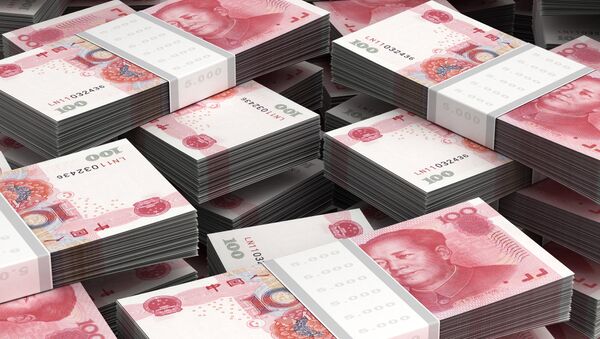GUIYANG, July 10 (RIA Novosti) — The idea of Russia and China transferring to payments in both rubles and yuan is realistic but cannot be done in a single step, Kremlin Chief of Staff Sergei Ivanov said Thursday.
"Everything here depends on the term that you mean. First, this is realistic; second, this is unrealistic in the very near future, this cannot be done in a single step," Ivanov told journalists in southwest China.
In early June, Russian Finance Minister Anton Siluanov said the central banks of Russia and China could agree to currency swaps for export payments in their respective national currencies. While many of Russia’s partners already use the ruble to trade with Russia, most export contracts are still settled in dollars.
Russia’s Deputy Trade Minister Georgy Kalamanov said in late June that Russia and China could switch to settlement in rubles and yuan on some transactions, primarily in the commodities sector.
The statement came after the two nations signed 48 agreements and contracts during Russian President Vladimir Putin’s visit to China in May, including the $400-billion deal between Gazprom and China National Petroleum Corporation (CNPC). Under the contract, Russia is to provide China with 38 billion cubic meters of gas per year.
Together with other projects in transportation, infrastructure and engineering, the deal should allow annual trade volumes between the nations to increase from the current $100 billion to $200 billion by 2020, Ivanov said Wednesday during his official visit to Beijing.




